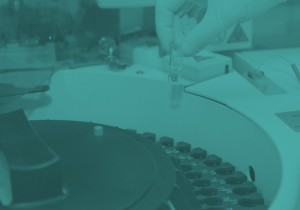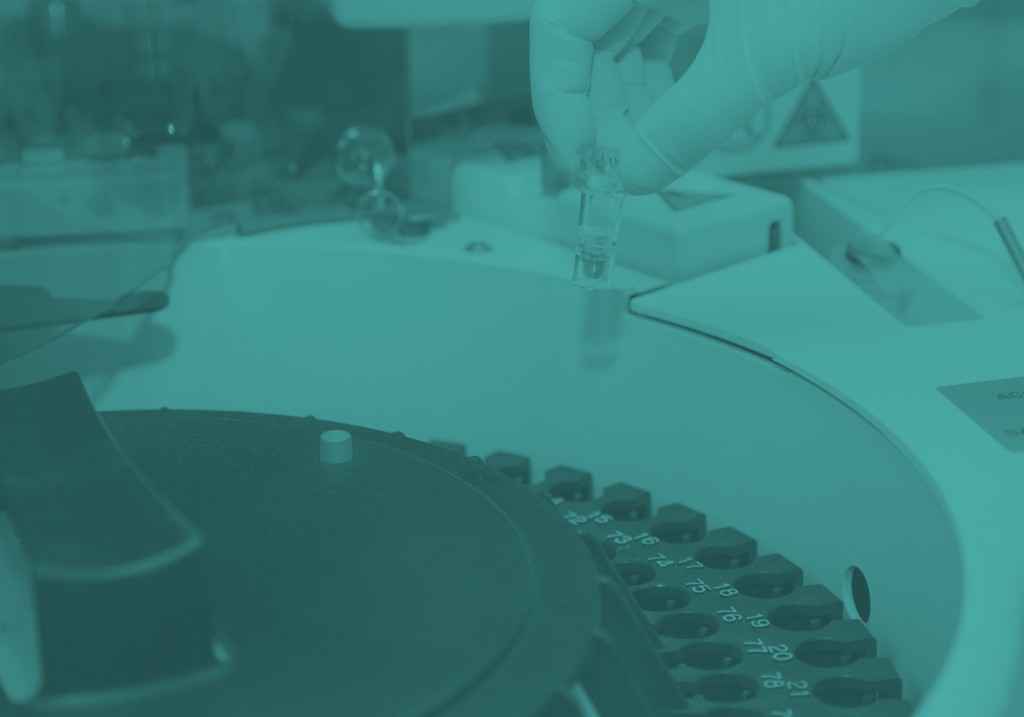GLAM in the news – A portable device to detect the signs of cancer
 An article about GLAM project has recenlty been published on the Horizon 2020 website. Read the article here and learn more about genitourinary cancer diagnosis.
An article about GLAM project has recenlty been published on the Horizon 2020 website. Read the article here and learn more about genitourinary cancer diagnosis.
A portable device to detect potential signs of cancer in a patient’s urine is under development within the EU-funded research project GLAM. The project aims to speed up cancer diagnosis and monitoring, while making the process both less intrusive and less unpleasant.
Biomarkers are substances or processes in the body that can indicate the presence of a disease. Most types of cancer biomarker analysis require test samples of body tissues or blood, which are then sent to a specialised lab for analysis. This process can be painful, take a long time and cost a lot of money.
GLAM’s researchers plan to develop a portable diagnostic device to detect cancer biomarkers in urine. The analysis will focus on cancers of the genital and urinary organs, but the researchers say GLAM’s technology will have the potential for further development – for analysis of other biofluid types and for the possible diagnosis and monitoring of other cancers and diseases.
The device will use photonic biosensors, a technology known to be highly sensitive and relatively simple to use. GLAM aims to develop the technology so that the biosensors are able to detect up to 10 different biomarkers from a small amount of urine.
“Most cancer biopsies must be analysed in specialised laboratories, which involves high costs and long waiting periods, as they require specialised personnel and equipment,†says project coordinator Izabel Alfany of Acondicionamiento Tarrasense Associacion in Spain. “There is therefore a real need and urgency to have new devices that provide diagnosis, prognosis, and data monitoring faster and with exceptional ultra-sensitivity.â€
Project details
- Project acronym: GLAM
- Participants: Spain (Coordinator), Netherlands, Israel, Serbia, Belgium, UK
- FP7 Proj. N° 634928
- Total costs: € 4 835 584
- EU contribution: € 4 835 584
- Duration: May 2015 – May 2019
Source of the article: Research & Innovation Infocentre

